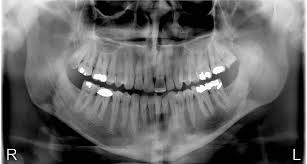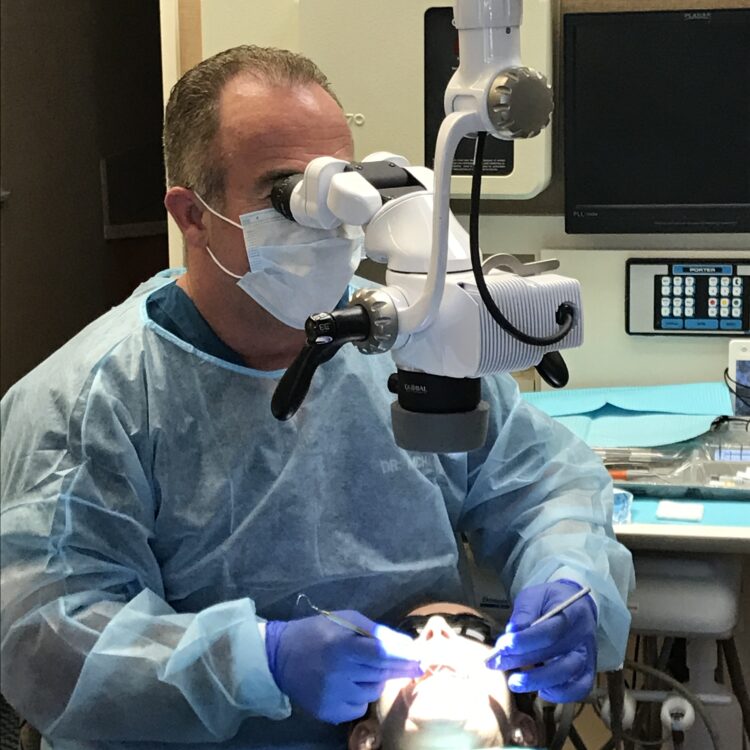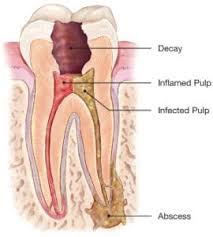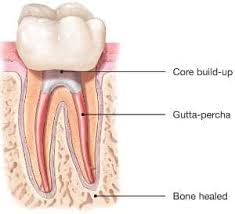Procedure
State of the Art Endodontic Technology
Root canals are our specialty. We have extensive clinical training to provide you with the absolute best treatment in order to save your teeth for years to come. Our team at Apex Endodontics utilizes advanced equipment designed to make your treatment the most efficient as possible. We use digital radiographs which allow us to take detailed pictures of the tooth anatomy in order to diagnose and provide the best treatment possible for your case. We also use powerful surgical microscopes to better visualize the internal anatomy and canals when providing your treatment.


What is Endodontics?
Endodontists are highly skilled dental specialists in diagnosis and treating tooth pain performing root canals and microsurgery. They have extensive post-graduate training and education in the study of oral anatomy and the dental pulp. This specialized training allows an Endodontist to:
(1) Treat diseases of the dental pulp and supporting structures
(2) Diagnose facial pain and related problems
Patients are usually referred from the general dentist in order to diagnose and treat disease of the pulp in cases that may be difficult or more complicated than usual. At Apex Endodontics we strive to educate the patient on the therapy needed, why it's needed, your possible treatment options, and what you can do to ensure the possible chance for success.

What is a root canal?
The human tooth consists of several layers. The outer white layer is the enamel layer. The inside large portion of the tooth is called dentin which houses the soft tissue of the tooth known as the pulp. The pulp tissues consist of nerves, blood vessels, and connective tissue which are needed for the development and formation of the tooth. When this tissue becomes irritated or inflamed due to bacterial contamination it can lead to a tooth infection. This can happen serval ways which include: deep decay, deep restorations, trauma, and cracks in the tooth structure. If the pulp inflammation or infection is left untreated it can lead to pain, swelling, and abscess.
Some of the symptoms can include prolonged sensitivity to heat or cold, biting sensitivity, dull throbbing pain, or swelling and tenderness of the tooth. Sometimes there are no symptoms at all and the problem is identified on a dental x-ray.
Root canal therapy is a painless treatment that involves cleaning and sterilizing the inside canals of the tooth. This treatment can be done in one or two appointments depending on the severity of the infection. If multiple visits are required there is no additional financial investment.

How can a Root Canal Help Me?
Endodontic therapy studies show that the treatment can have a very high success rate of nearing 95-96%. Root canal therapy is the best treatment available in order to try and save your natural teeth when a problem arises involving the dental pulp. Endodontic therapy is not a cure but a highly successful dental treatment that is available to save your natural teeth. In a small percentage of cases, endodontic therapy can be unsuccessful and require additional treatment such as conventional retreatment, surgical retreatment, or extraction. Therefore, endodontic treatment can never be guaranteed.
During treatment the inflamed or diseased pulp tissue is removed, the canal system is cleaned, sterilized, and shaped in order to be sealed with a material. Once treatment is completed you will be instructed to return to your treating general dentist in order for them to place a permanent restoration to protect and seal the tooth. The final permanent restoration is vital for the success of the treatment. This restoration will protect the tooth from forces and help seal it up from potential bacterial contamination from your saliva.
Once the root canal is completed it is important to monitor the tooth overtime to ensure that your body is healing properly. In some cases, a follow exam will be needed in 6-12 months to monitor healing.

SCHEDULE AN APPOINTMENT FOR A CONSULTATION.
